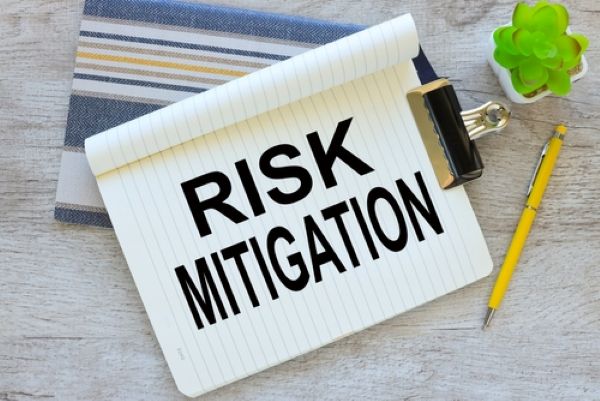 |
| By | August 4, 2025 |
The Rising Tide of Business Threats in a Rapidly Evolving World Today’s businesses face a landscape filled with evolving threats that go far beyond traditional risks like fire or theft. From cyberattacks and supply chain disruptions to regulatory changes and reputational hazards, the modern enterprise must contend with a range of vulnerabilities that can severely impact operations and profitability. The increasing interconnectivity of global systems has magnified these threats. A single point of failure—such as a data breach or a delayed shipment—can trigger cascading effects across multiple departments or partners. Without proactive risk management, these situations can lead to operational shutdowns, legal trouble, or even business closure. What Commercial Risk Management Really Means Commercial risk management isn’t just about buying insurance—it’s a strategic discipline that identifies, assesses, mitigates, and monitors risks that could impact a business. A well-structured risk management plan is designed to help protect assets, stabilize earnings, and support long-term viability. Proper risk management isn’t reactive—it’s proactive. It turns uncertainty into manageable challenges. It begins with identifying internal and external threats, assessing the potential impact of each, and crafting mitigation strategies that reduce vulnerabilities. Businesses must also regularly monitor and update their plans to stay ahead of new…

The Rising Tide of Business Threats in a Rapidly Evolving World
Today’s businesses face a landscape filled with evolving threats that go far beyond traditional risks like fire or theft. From cyberattacks and supply chain disruptions to regulatory changes and reputational hazards, the modern enterprise must contend with a range of vulnerabilities that can severely impact operations and profitability.
The increasing interconnectivity of global systems has magnified these threats. A single point of failure—such as a data breach or a delayed shipment—can trigger cascading effects across multiple departments or partners. Without proactive risk management, these situations can lead to operational shutdowns, legal trouble, or even business closure.
What Commercial Risk Management Really Means
Commercial risk management isn’t just about buying insurance—it’s a strategic discipline that identifies, assesses, mitigates, and monitors risks that could impact a business. A well-structured risk management plan is designed to help protect assets, stabilize earnings, and support long-term viability.
Proper risk management isn’t reactive—it’s proactive. It turns uncertainty into manageable challenges. It begins with identifying internal and external threats, assessing the potential impact of each, and crafting mitigation strategies that reduce vulnerabilities. Businesses must also regularly monitor and update their plans to stay ahead of new and evolving risks.
Key Risk Categories That Businesses Must Monitor
Businesses must be vigilant in managing a wide array of risks that could threaten their success. These include cybersecurity vulnerabilities, operational disruptions, financial volatility, regulatory shifts, and reputational threats. Recognizing and addressing these areas can help the business adapt and build resilience.
Risk Management in Action: Tactics That Make a Difference
To safeguard your business from emerging threats, consider the following proactive strategies:
- Implement Cyber Insurance: Helps mitigate the impact of digital threats that could disrupt business operations.
- Use Data-Driven Decision Making: Analytics and predictive modeling help forecast risk and fine-tune operations.
- Create a Business Continuity Plan: Ensures that key processes continue during disruptions.
- Conduct Regular Audits: Keep internal processes efficient and compliant.
- Engage in Vendor Risk Assessments: Evaluate third-party reliability to prevent supply chain breakdowns.
Many companies also invest in employee training, safety protocols, and legal compliance programs. These efforts build a culture of preparedness, not panic.
Benefits of a Proactive Risk Management Strategy
A forward-thinking approach to risk management delivers clear, long-term value. Businesses gain resilience against disruptions, enjoy lower insurance premiums, and attract greater confidence from investors and stakeholders. Maintaining regulatory compliance becomes more manageable, and companies can pursue growth with fewer unexpected setbacks. Risk management can serve as a foundation for more stable, scalable business operations.
Stay One Step Ahead of the Unknown
In an age where threats come from digital, financial, environmental, and operational sources, businesses can’t afford to take chances. A robust commercial risk management strategy is not a luxury—it’s a necessity.
For businesses looking to develop smart, customized solutions to shield themselves from these emerging threats, Cell Brokerage offers commercial insurance and risk management services tailored to support your evolving business needs. Let’s start building a plan to help you prepare for tomorrow.









